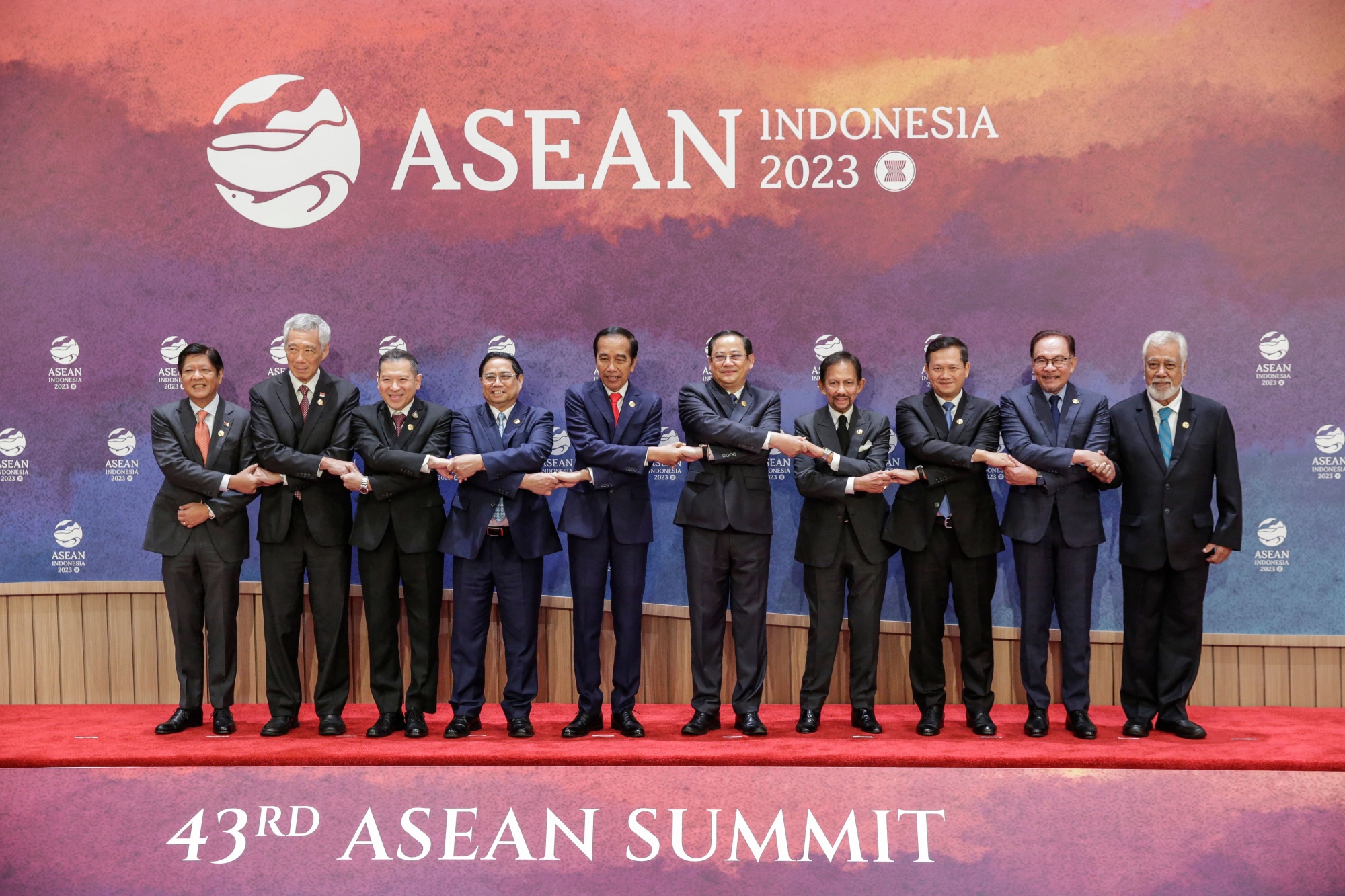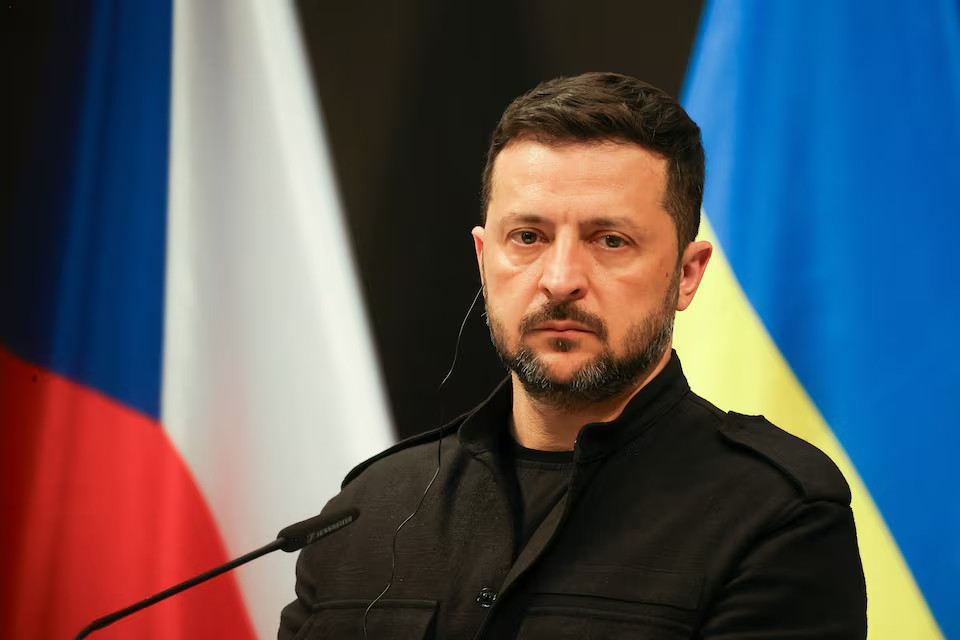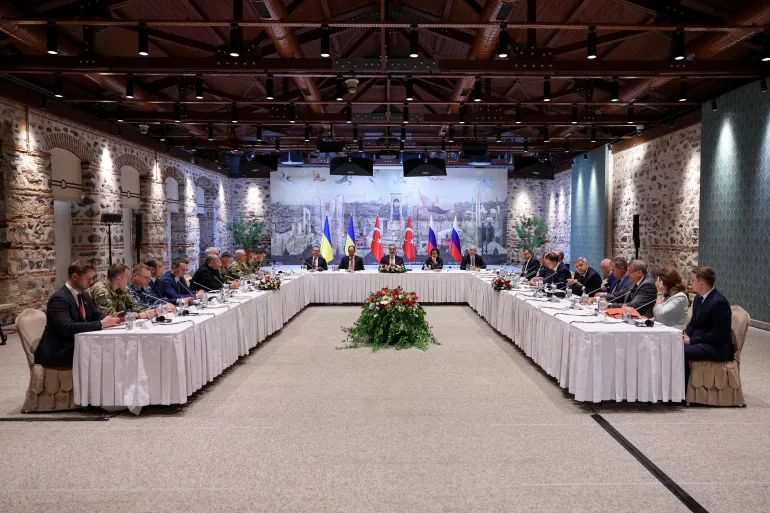Leaders from Southeast Asia convened in Bangkok on Saturday with a dual focus on reviving stalled peace efforts in Myanmar and advancing regional economic and trade cooperation, as the region grapples with political instability and slowing global growth.
The informal summit, hosted by Thai Prime Minister Srettha Thavisin, brought together heads of state and foreign ministers from member nations of the Association of Southeast Asian Nations (ASEAN). The group used the closed-door gathering to assess options for re-engaging Myanmar’s military junta and pushing for progress on the long-stalled Five-Point Consensus aimed at ending violence following the 2021 military coup.
In a statement following the summit, Srettha urged a renewed commitment to diplomacy. “The people of Myanmar continue to suffer. ASEAN must take a more active role in ensuring humanitarian access and initiating genuine dialogue,” he said. While no breakthrough was announced, leaders agreed to revitalize the bloc’s special envoy mechanism and increase pressure for an inclusive political process in Myanmar.
Myanmar has been largely excluded from top-level ASEAN meetings since the military took power, and the bloc has faced international criticism for its limited influence in resolving the conflict. Over 4,000 civilians have been killed, and nearly 3 million displaced since the coup, according to UN estimates.
In addition to Myanmar, the summit placed emphasis on regional economic recovery, especially amid ongoing supply chain disruptions and trade tensions linked to the U.S.-China rivalry. Leaders discussed new frameworks for digital trade, infrastructure investment, and enhancing intra-ASEAN supply networks to make the region more resilient.
Singaporean Prime Minister Lawrence Wong called for stronger coordination to safeguard economic sovereignty without turning inward. “We must remain open and connected, but also build internal strengths that allow us to withstand external shocks,” Wong said.
The summit also included briefings on the implementation of the Regional Comprehensive Economic Partnership (RCEP), the world’s largest trade pact, and proposals for expanding its impact beyond tariff reduction into areas like climate cooperation and technology standards.
Security issues were also on the agenda. Several leaders raised concerns about increased maritime tensions in the South China Sea and reaffirmed the need for ASEAN unity in addressing disputes with Beijing. Philippine President Ferdinand Marcos Jr. stressed that ASEAN must not allow “external forces to divide our house.”
While formal resolutions were not issued due to the summit’s informal nature, analysts said the gathering marked an important step in reinvigorating ASEAN’s regional role, particularly on the Myanmar crisis.
“ASEAN is often seen as slow-moving, but today’s discussions showed a willingness to rethink strategy,” said Thitinan Pongsudhirak, a Thai political analyst. “Whether it leads to concrete results remains to be seen, but the tone is shifting.”
As the region faces economic uncertainty, political upheaval, and external strategic rivalry, Southeast Asian leaders appear increasingly aware that unity, pragmatism, and innovation will be critical in navigating the challenges ahead.
Source: Reuters



